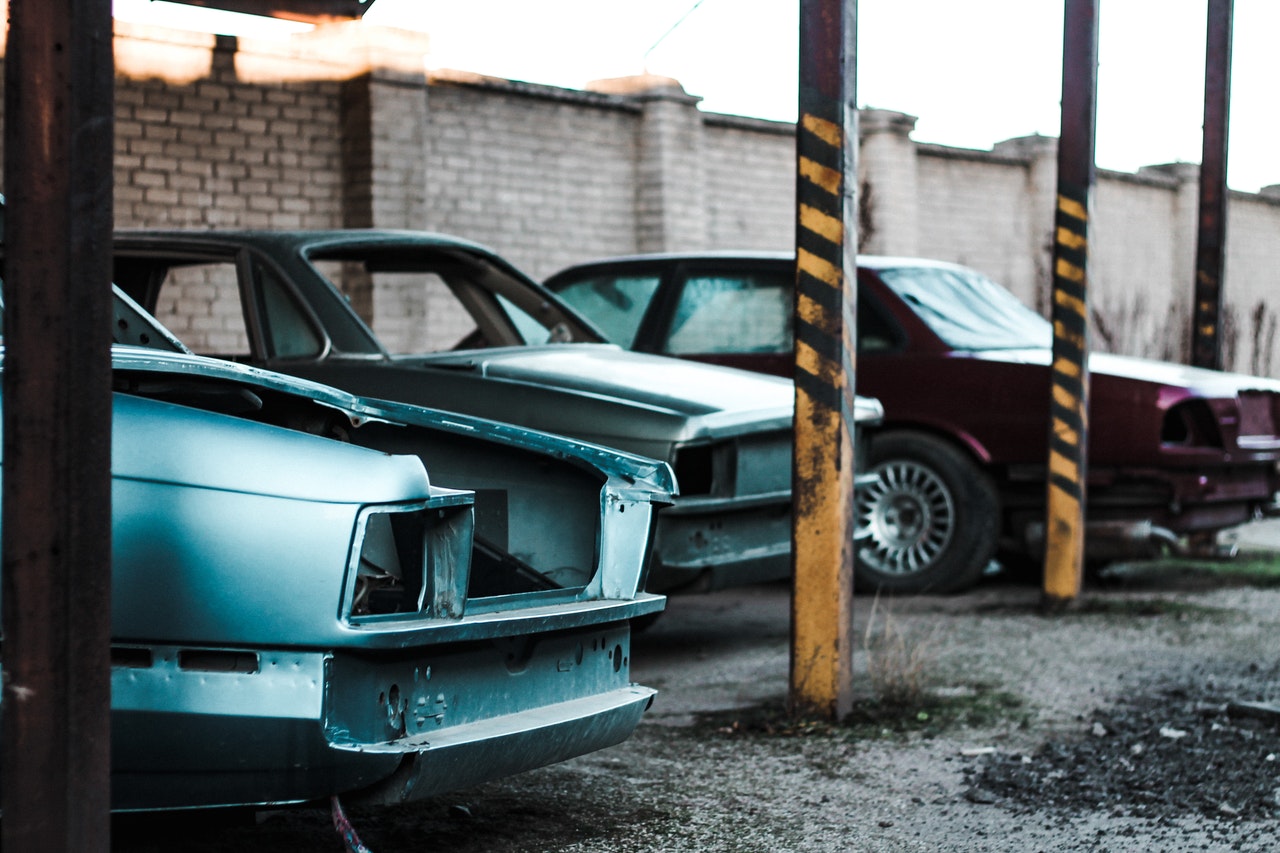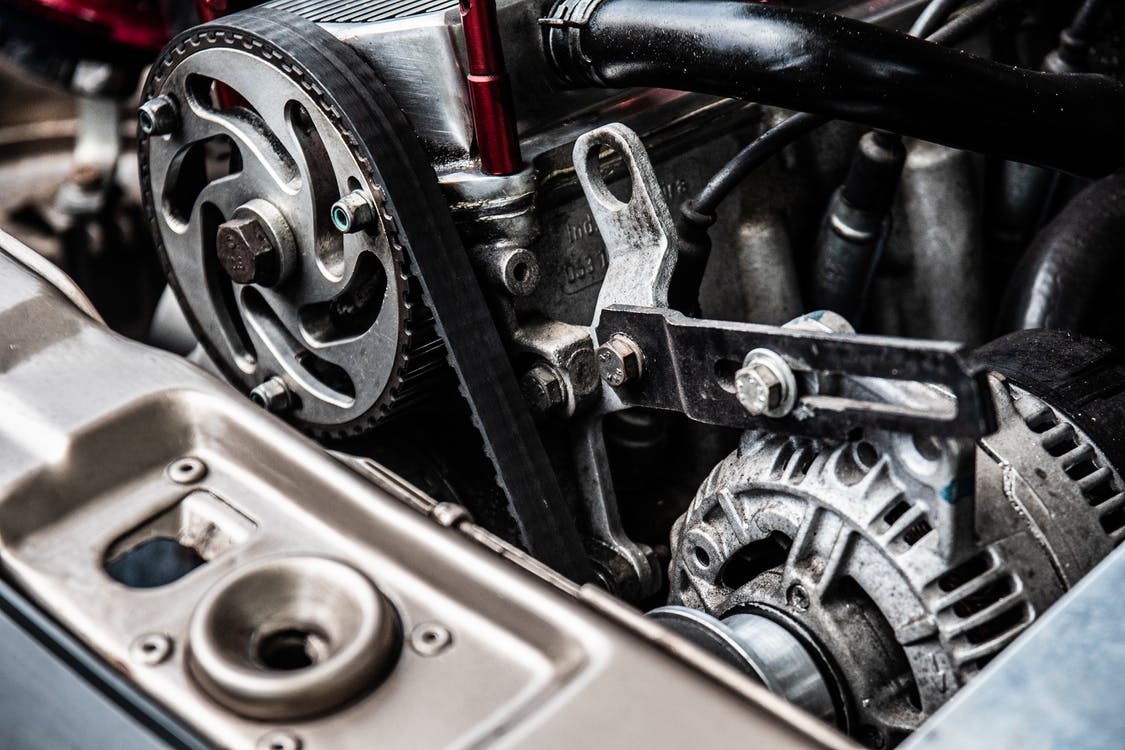There’s more than one way to go about obtaining your own used car. It’s only natural to wonder: What’s the best way to get a used car? Should you head down to your local dealership, working with a salesperson to find a vehicle and the financing department to buy it? Or should you start looking at local listings to find a private seller?
Part of the reason this decision can feel difficult is that each alternative has both pros and cons. Understanding the potential benefits and risks of each option will help you choose the path that’s right for you.
Keep reading to explore whether it’s better to buy a used vehicle privately or through a dealership.
Pros and Cons of Buying a Used Car from a Dealer
The upsides and downsides of shopping with a dealer are well worth investigating.
Pros
- Banks tend to be more willing to approve financing on vehicles from respectable dealerships compared to those from private sellers. Why? Because the bank is trying to minimize the risk of the buyer defaulting on their loan, which can happen if there’s a major problem with the car.
- Dealers place their reputations on the outcome of each sale — meaning they have serious motivation, to be honest, and accommodating. This goes hand-in-hand with the warranty protection they often offer, helping you achieve peace of mind even after you drive off the lot.
- Dealerships tend to stock a wider selection of vehicles. If you know you’re interested in a certain type of vehicle or model, you’ll likely find more choices at a dealership than on the private market. Especially if you need a vehicle quickly or want a specific configuration, this can be beneficial. However, the best used car websites out there today do make it easier than they used to be to search both dealerships and private sellers to find specific features and price points.
Cons
- Dealerships should be able to provide some degree of vehicle history, but it may be less nuanced than the information a private seller is able to conjure.
- Profit margins are always at the forefront of dealership transactions, meaning you may pay more — depending on the situation and incentives in play, of course.
- If you have a spotty credit history, it may be difficult to get approved for financing through a dealership or traditional lender.
Pros and Cons of Buying a Used Car from a Private Party
What about buying a used car from a private seller instead? Again, there is a slew of possible benefits and possible drawbacks any savvy buyer must consider.
Pros
- Without the pressure of the profit margin driving the sale, private parties tend to set their purchase prices lower — and may even be more amenable to negotiating.
- If you’re not a fan of the dealership environment, working with a private seller may be more convenient or preferable for you. Just make sure you’re discerning a safe and trustworthy seller.
Cons
- You must navigate the process of working with a stranger, meaning there is a heightened safety risk as well as the risk of being scammed in some way. As D. Power writes, private sellers don’t have as much accountability as dealerships — so if your car suddenly dies a day after the purchase, you’re likely on your own to deal with the repercussions.
- You will be responsible for the transfer of the title, a step that a dealership would likely facilitate.
If you do decide to work with a private seller, make sure you have a plan to meet somewhere safe, test drives the car, and protect yourself against being misled into buying an unreliable vehicle. Drivers had had both great successes with both types of sellers — dealerships and private parties — as well as experienced drawbacks of each.



